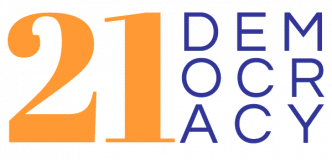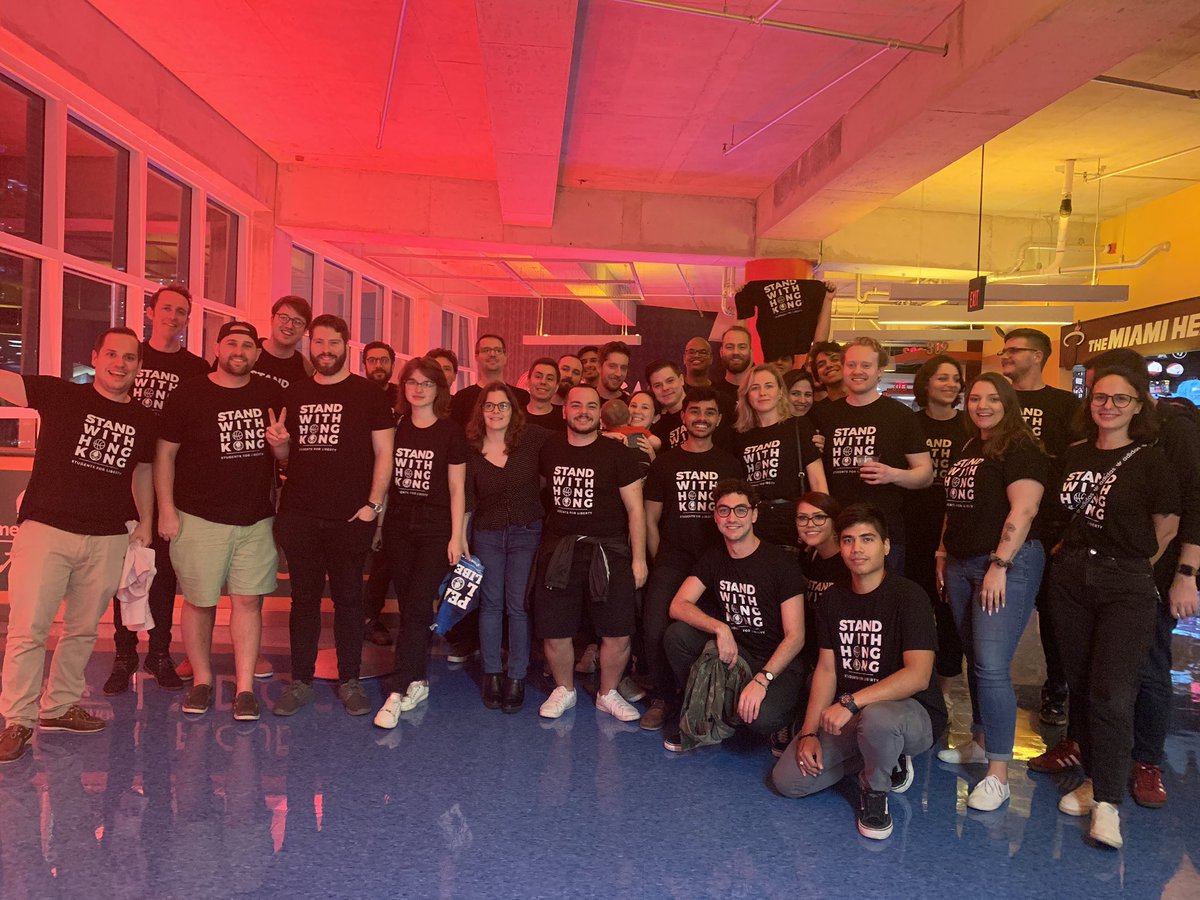China’s Belt and Road Initiative (BRI) is accorded numerous bad reputations from being a ‘debt-trap diplomacy’ to ‘neocolonialist aid policy.’ The BRI, according to China, is a project that focuses on infrastructure development and investment. It especially targets the building of land and maritime networks that would link China with the rest of the world.
Although on paper, it is claimed that the policy should reduce impediments to trade and stimulate economic development, a long-term evaluation of its impact on beneficiary countries—especially African beneficiaries—points to the opposite.
Loans from China to African governments and state-owned enterprises between 2000 and 2017 alone exceeded $143 billion. This figure is high considering Chinese loans are easy money, which doesn’t come with stringent conditions as those provided by the World Bank and the International Monetary Fund.
Although if compared with the financial commitments of other donors in Africa, Chinese loans are shrouded in secrecy, and assets such as ports, mines, and other hard infrastructures are often required as collateral.
This Chinese policy has, however, helped several African countries fill infrastructure gaps. Nigeria’s Abuja-Kaduna Railway was, for instance, funded by China and it is one of the main achievements of the Buhari administration. But Nigeria’s debt to China has reached 3 percent of its total debt stock of $81billion—Nigeria’s highest debt to any country.
In fairness, though, some of the criticism of China’s loan policy is biased. There is the possibility that such loans are truly intended to finance the infrastructure of China’s interest in borrowing countries. The infrastructure loans are written in the name of the borrowing country, but the loans do not go into the country’s account. China chooses the contractor from its country and pays the contractor to fulfill the infrastructure project.
Former Minister of Information and Broadcasting of Zambia, Chishimba Kambwali, as well as labor consultant John Musonda, told Germany’s DW News that Chinese-funded construction and infrastructure projects are always awarded to Beijing-backed firms and some of these projects are expensive and sometimes lack quality and longevity.
The harm here is that the country ends up with an expensive infrastructure that may not be the most urgent of its needs, and there is no transfer of skills because such construction contracts are handled by Chinese contractors, which leaves the country with debt and nothing significant in terms of economic gain. Another criticism is that the debts are commercially driven.
Some claim that when China wants its money back, it will do what needs to be done to gain the corresponding value if a beneficiary defaults. This can often mean taking over the country’s assets, having negotiation advantages, and establishing political dominance.
In 2017, Sri Lanka struggled to service its loan owed to China. In turn, the Chinese government assumed control of one of its largest ports. More so, Djibouti’s debt to China is one of the highest when calculated as a percentage of GDP. The small country in the Horn of Africa stands the risk of losing many public assets to China if it fails to repay Beijing.
At the moment, China has already established its first and only overseas military base in Djibouti. Whether the country wanted that or not, the debt profile would have threatened their rebellion against such a move. Since China made its intention to construct a military base in Djibouti in 2015, China, as part of the Belt and Road Initiative, constructed a $4 billion electric rail between Ethiopia and Djibouti and funded a $300 million water pipeline system that will transport drinking water from Ethiopia to Djibouti. All this for a country with less than $1.8 billion in GDP.
Unlike several other African countries with natural resources, Djibouti’s strategic position is the juicy apple that China is targeting, which paid off with the construction of a Chinese military base in a country of fewer than one million people.
Equally, Kenya equally stands to lose its Mombasa port should it default on its 2 Billion Euros ($2.23 billion) owed to China. The fact that the country is borrowing more to service old loans proves its vulnerability to unsustainable debt increment. Only recently, the Kenyan government lifted the ceiling on how much more money it could borrow—which could escalate its debt further. Angola, on the other hand, leads Africa in countries indebted to China, having racked up a debt of over $25 billion.
It is reported that while Angola is the second-largest producer of oil in Africa, it has little oil to sell as most of its oil is going towards repayment of Chinese debts. Burundi, Chad, Mozambique, and Zambia, are also at the mercy of China as they remain at the risk of debt distress as a result of unsettled debts.
Before the Chinese government started to give loans, it already intended that it would use its loans to drive strategic development.
Therefore, the country would not hesitate in taking control of any infrastructure its loans had built in defaulting countries, rather than help African economies progress. This is the reality of the expansion of China’s geopolitical and economic dominance.
Olumayowa Okediran is the Managing Director of African Liberty and author of Navigate: A Prospection of Nigeria’s future till 2030.












